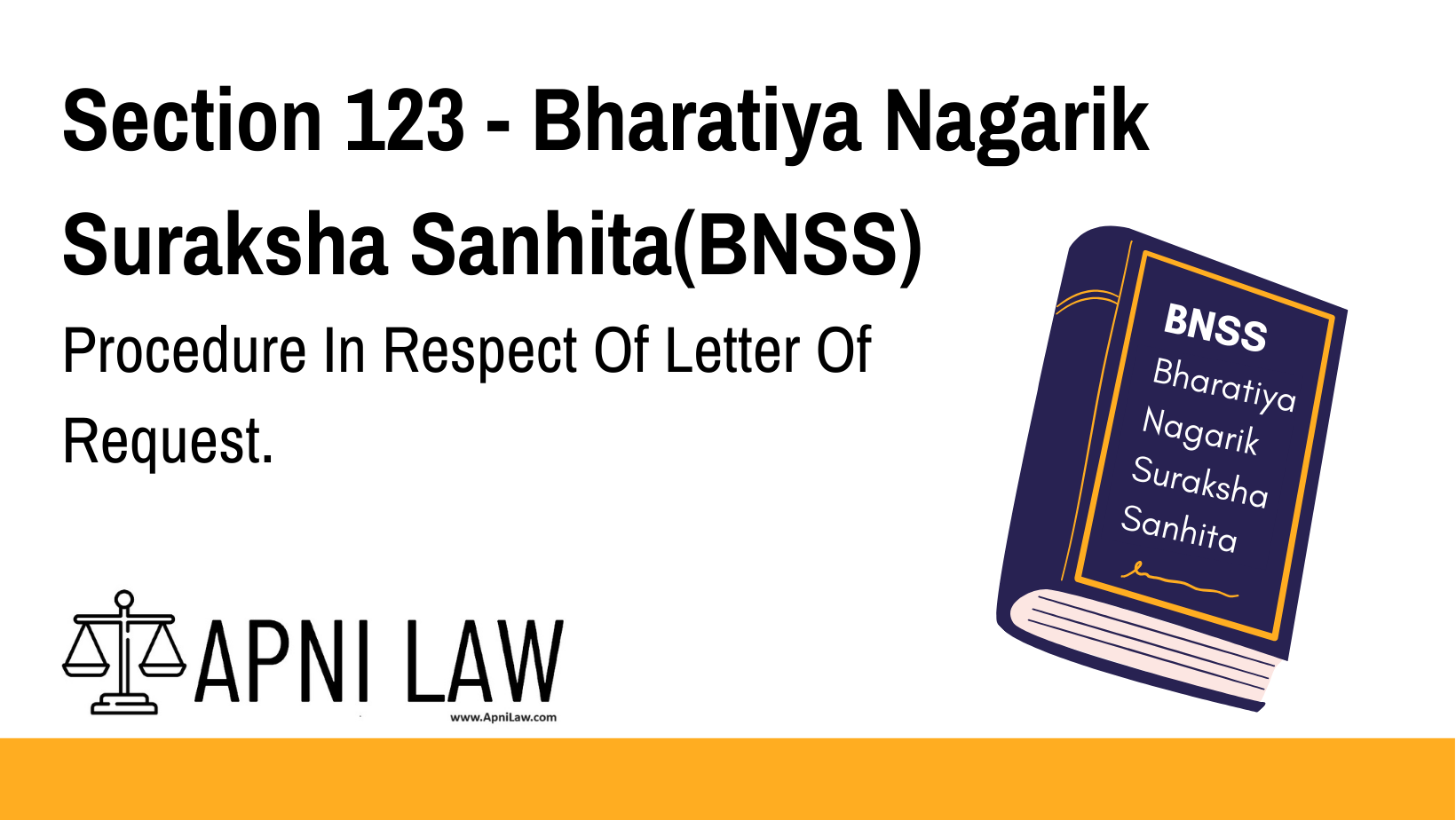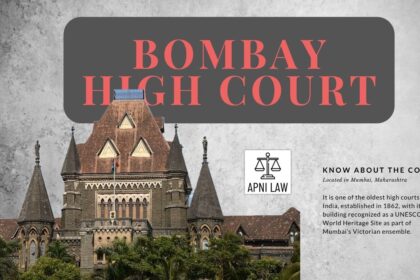Code
Every letter of request, summons or warrant, received by the Central Government
from, and every letter of request, summons or warrant, to be transmitted to a contracting
State under this Chapter shall be transmitted to a contracting State or, as the case may be,
sent to the concerned Court in India in such form and in such manner as the Central
Government may, by notification, specify in this behalf.
Explanation
This section pertains to the transmission of legal documents, such as requests for assistance, summons, and warrants, between India and other countries that are parties to international agreements (contracting states) on criminal justice cooperation. The section specifies that the Central Government is responsible for handling the transmission of these documents. Here is what procedure in respect of letter of request further deals with:
Illustration
Imagine a situation where an Indian court needs to summon a witness residing in a foreign country that has a mutual legal assistance treaty with India. The Indian court would send a request to the Central Government, which would then, following the procedure outlined in the BNSS, transmit the request to the foreign court for execution. Similarly, the foreign court may send a letter of request to the Central Government seeking information or assistance related to an investigation in their country. The Central Government would then forward the request to the relevant Indian authorities.
Common Questions and Answers:
- Q: What is the purpose of this section?
A: This section establishes a framework for the smooth and efficient transmission of legal documents between India and other countries involved in international criminal justice cooperation. It ensures that requests and legal processes are properly handled and communicated between participating countries.
- Q: Who is responsible for transmitting the legal documents?
A: The Central Government is responsible for handling the transmission of all letters of request. This also includes summons and warrants between India and other contracting states.
- Q: What form and manner will be used for transmitting the documents?
A: The Central Government will determine the form and manner of transmission by notification. This ensures standardized communication and facilitates efficient processing of the documents.








